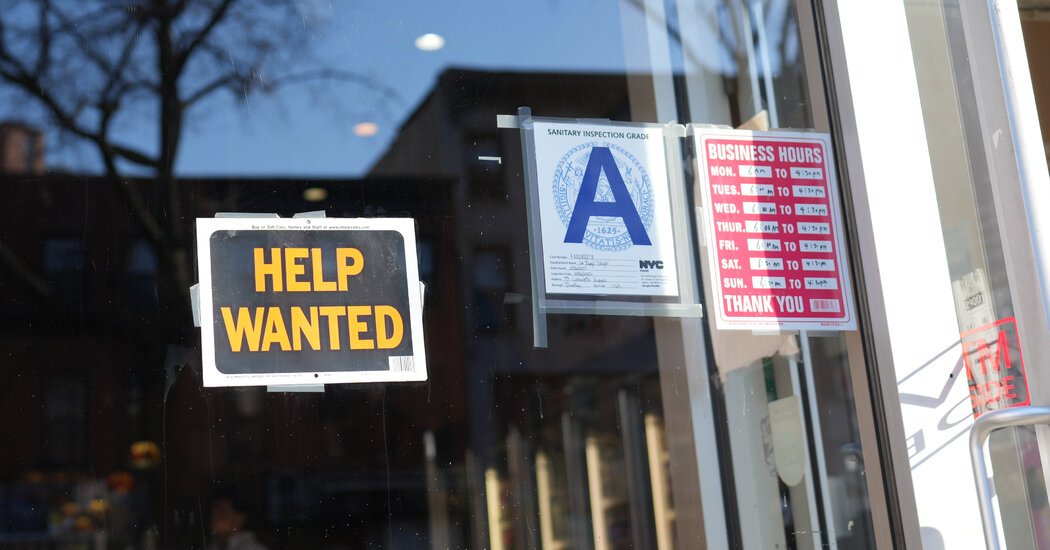Last spring, when Karim Lakhani began testing how ChatGPT affected the work of elite business consultants, he thought they’d be delighted by the tool. In a preliminary study of two dozen workers, the language bot had helped them finish two hours’ worth of tasks in 20 minutes.
“I assumed they, like me, would think, ‘Great! I can do so much more!” said Dr. Lakhani, a professor at the Harvard Business School.
Instead, the consultants had feelings of unease. They appreciated that they had done better work in less time. But ChatGPT’s quick work threatened their sense of themselves as high-skilled workers, and some feared relying on it too much. “They were really worried and felt like this was going to denigrate them and be sort of empty calories for their brain,” Dr. Lakhani said.
After these preliminary tests, Dr. Lakhani and his colleagues devised a larger, controlled experiment to measure how ChatGPT would affect more than 750 white-collar workers. That study, which is under review at a scientific journal, indicated sharply mixed results in the consultants’ work product. ChatGPT greatly improved the speed and quality of work on a brainstorming task, but it led many consultants astray when doing more analytical work.









